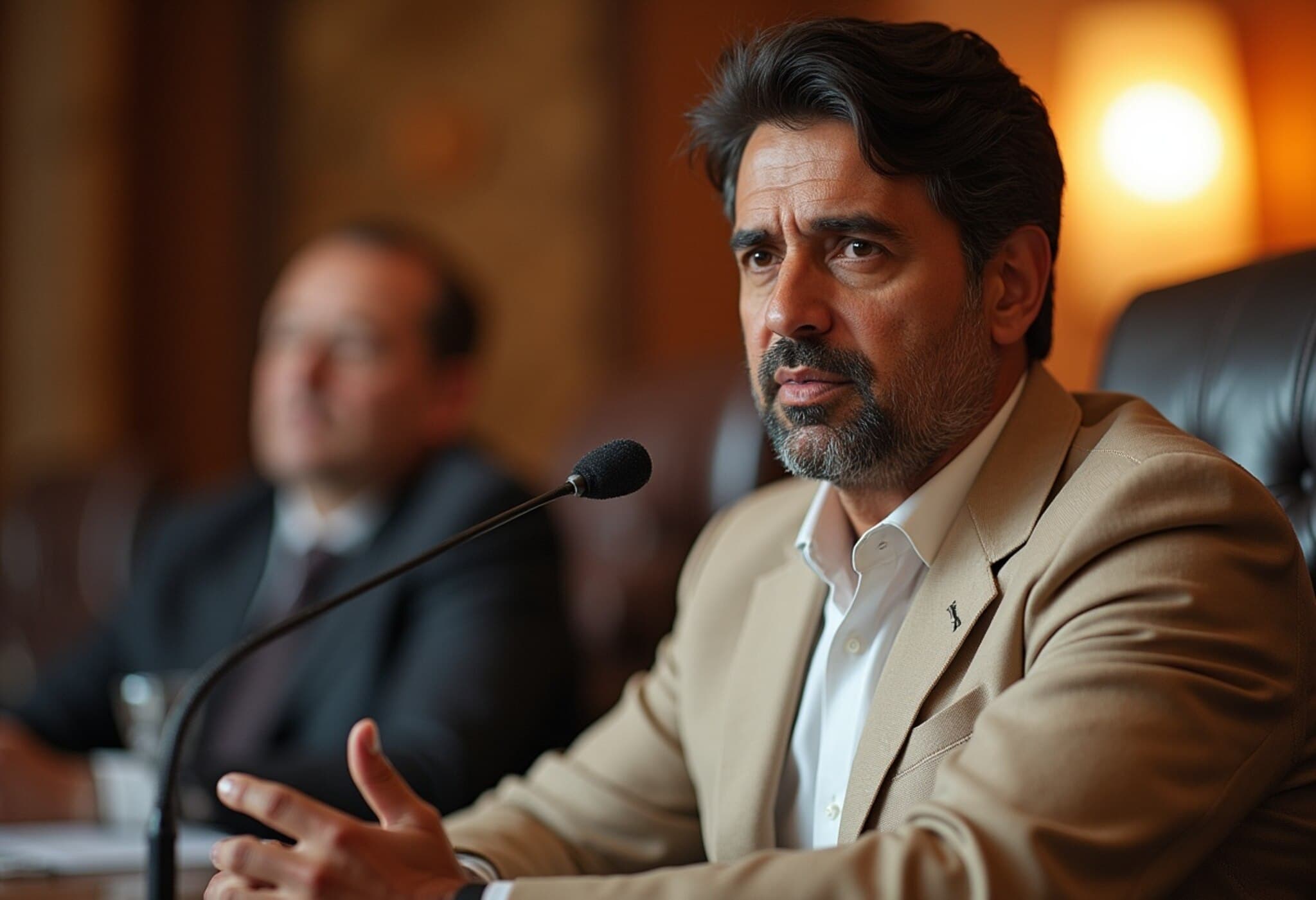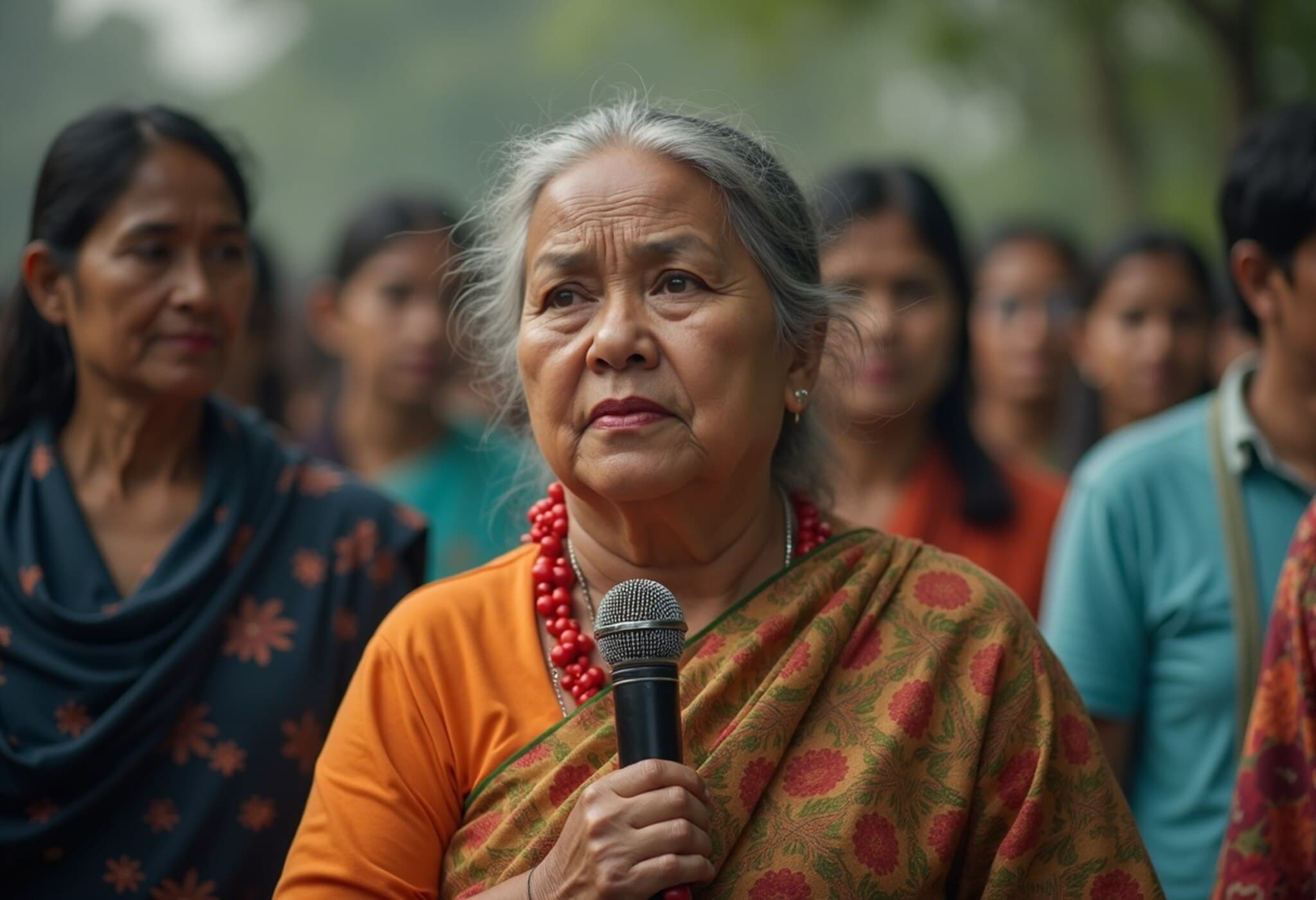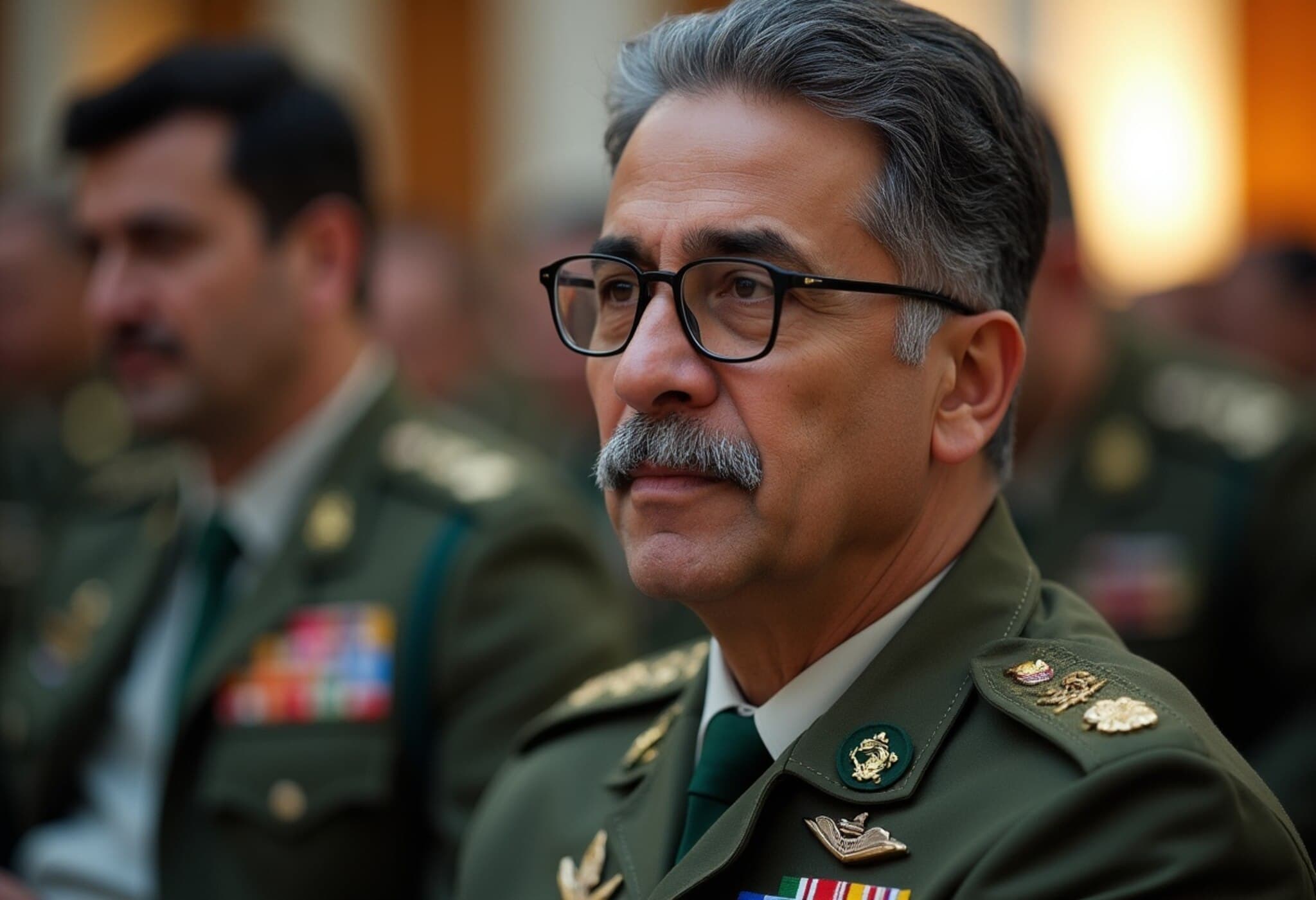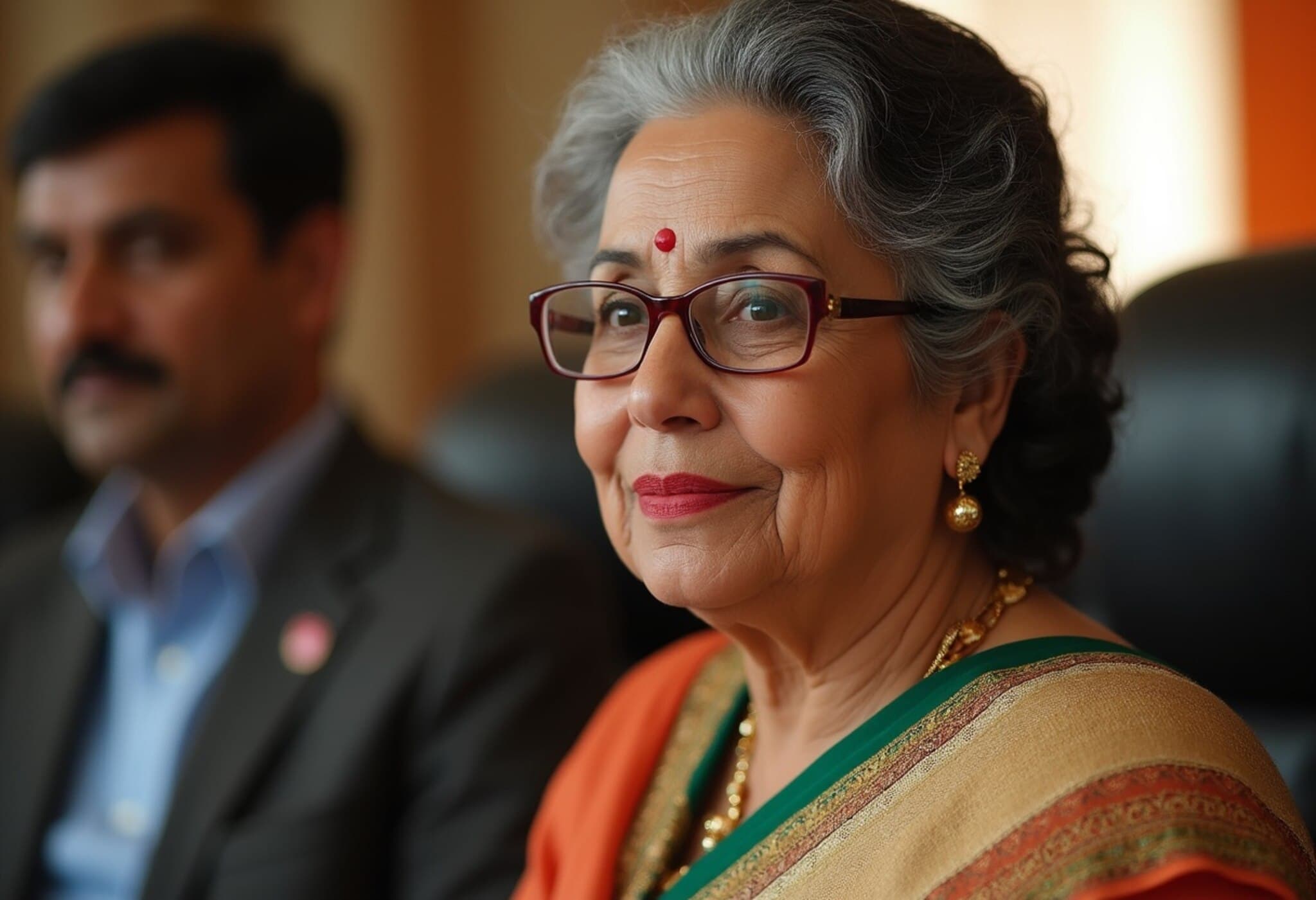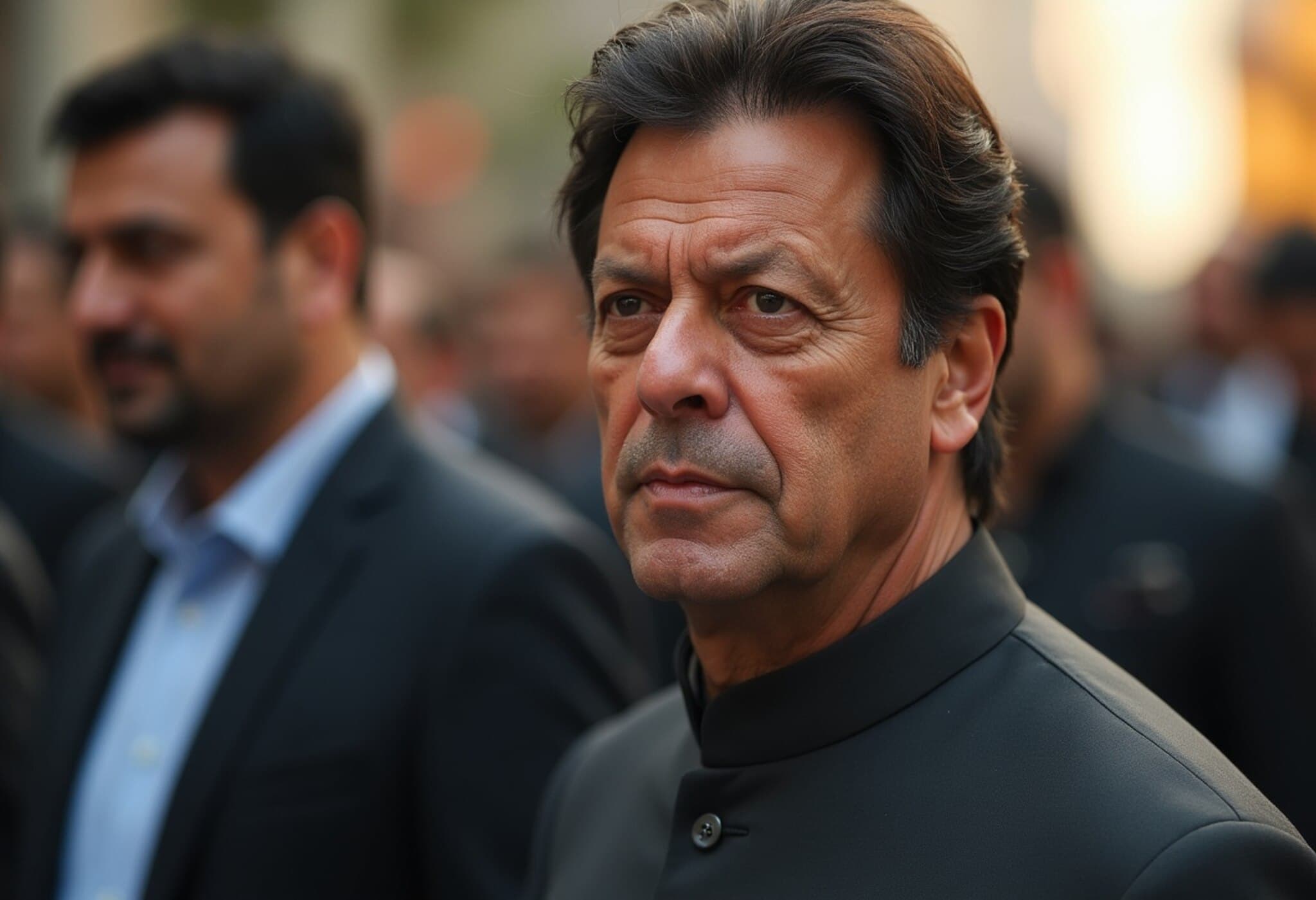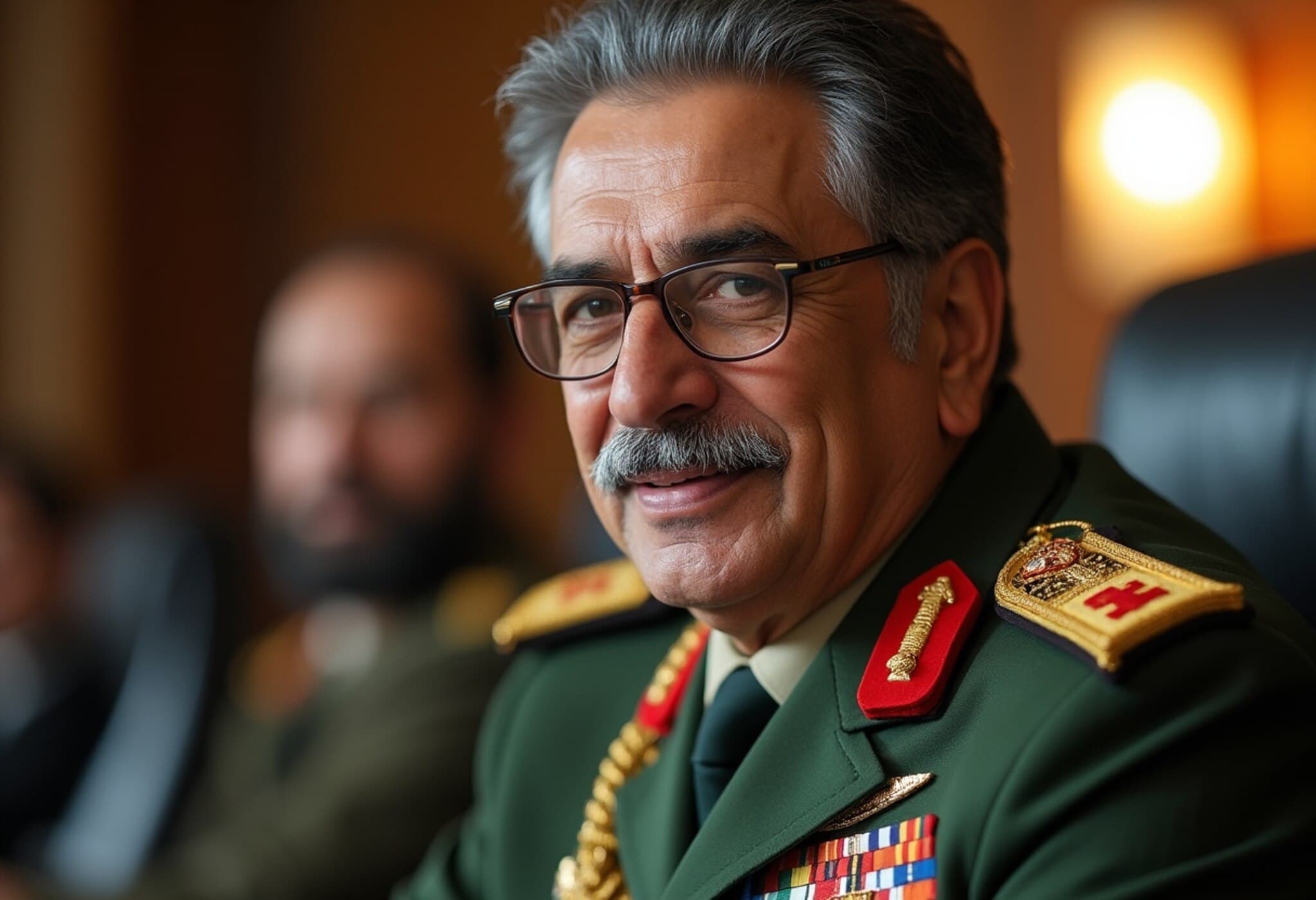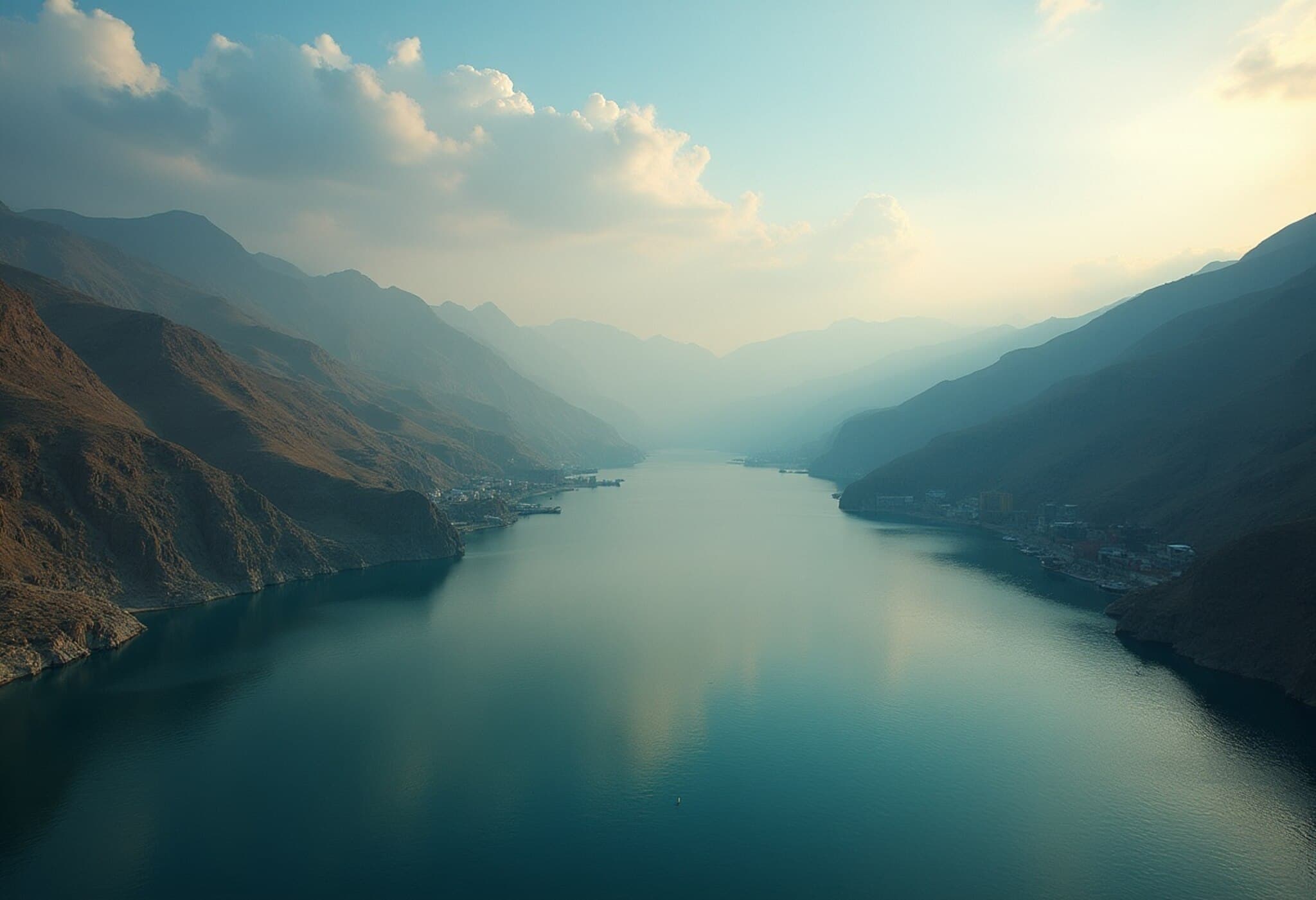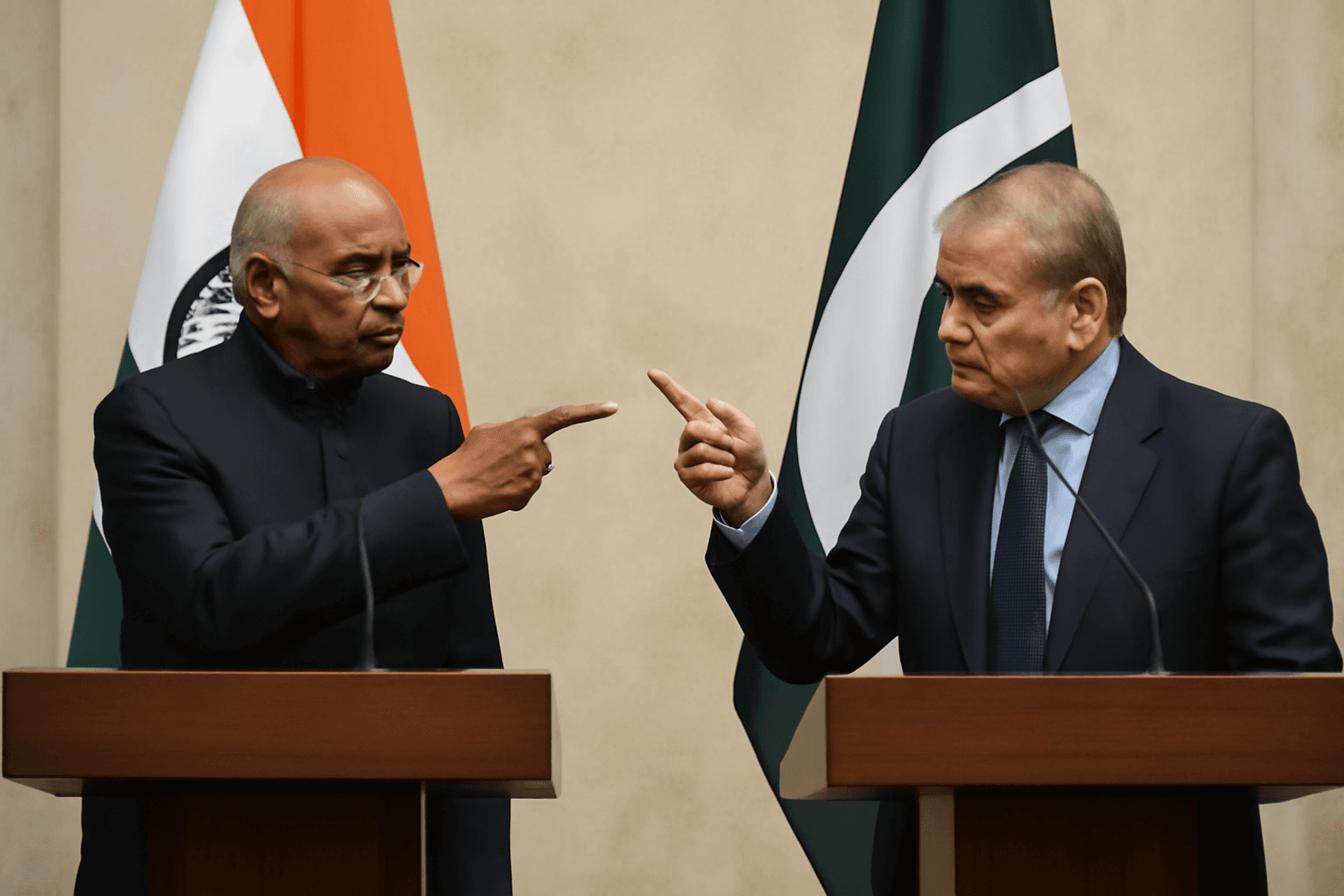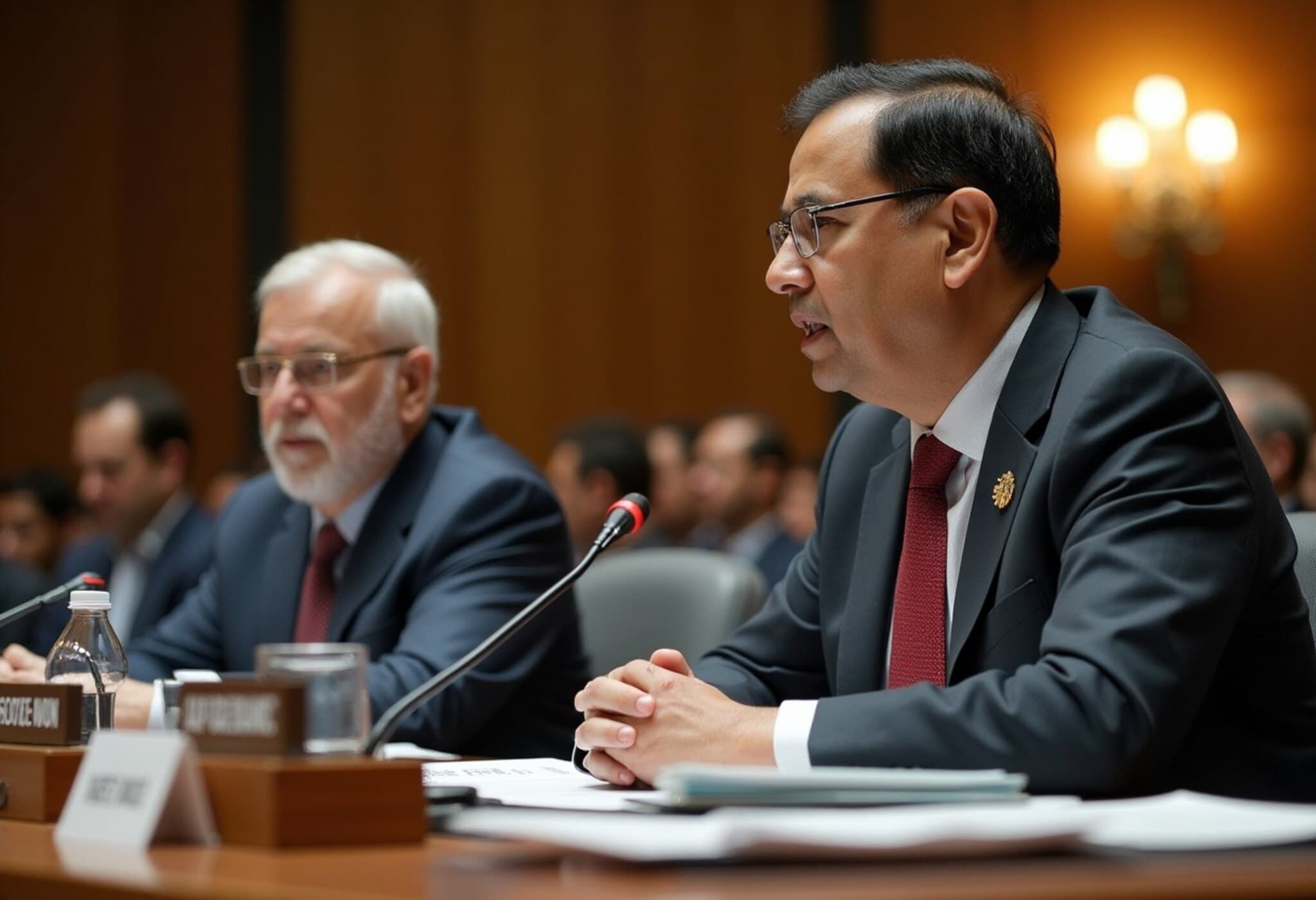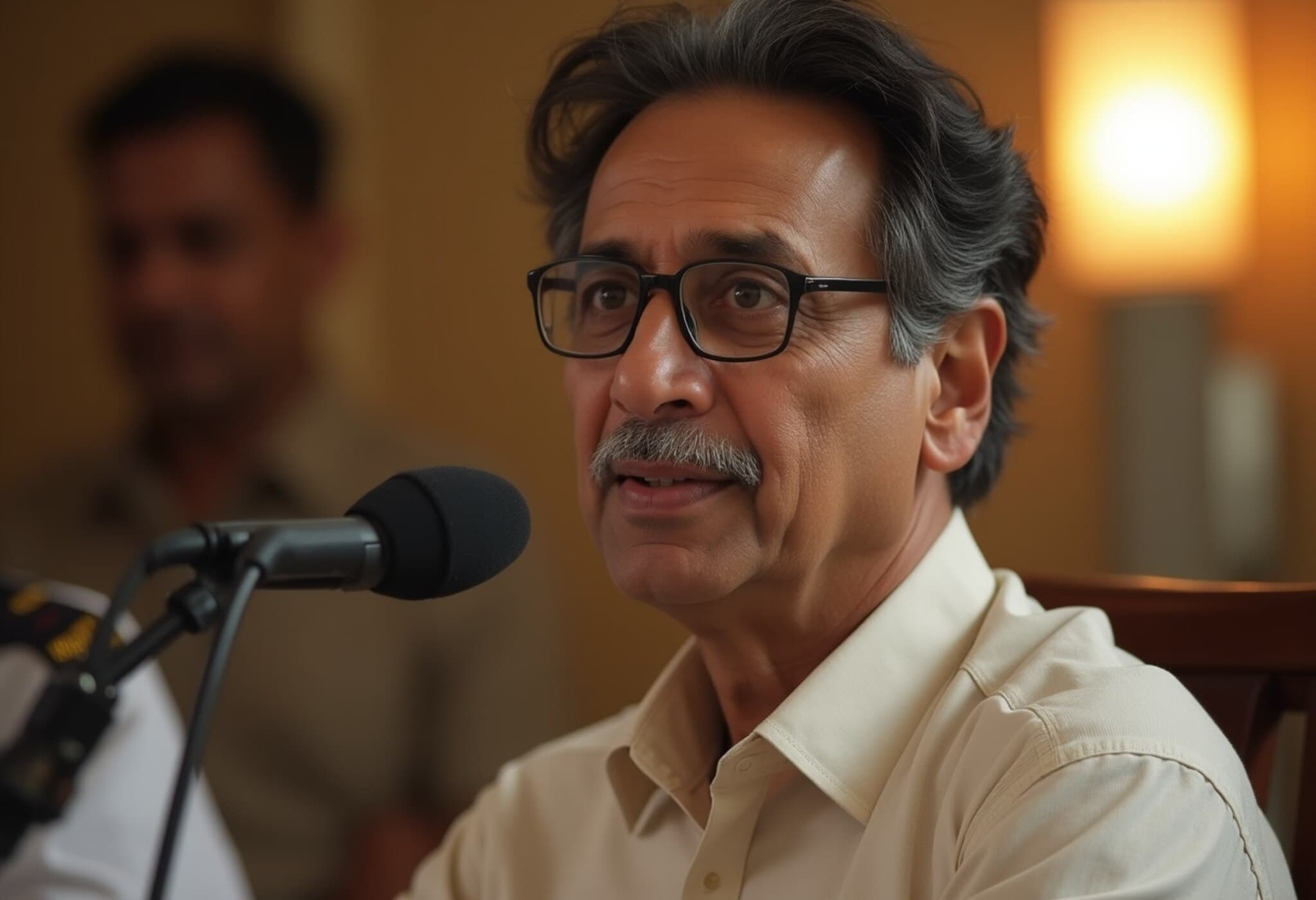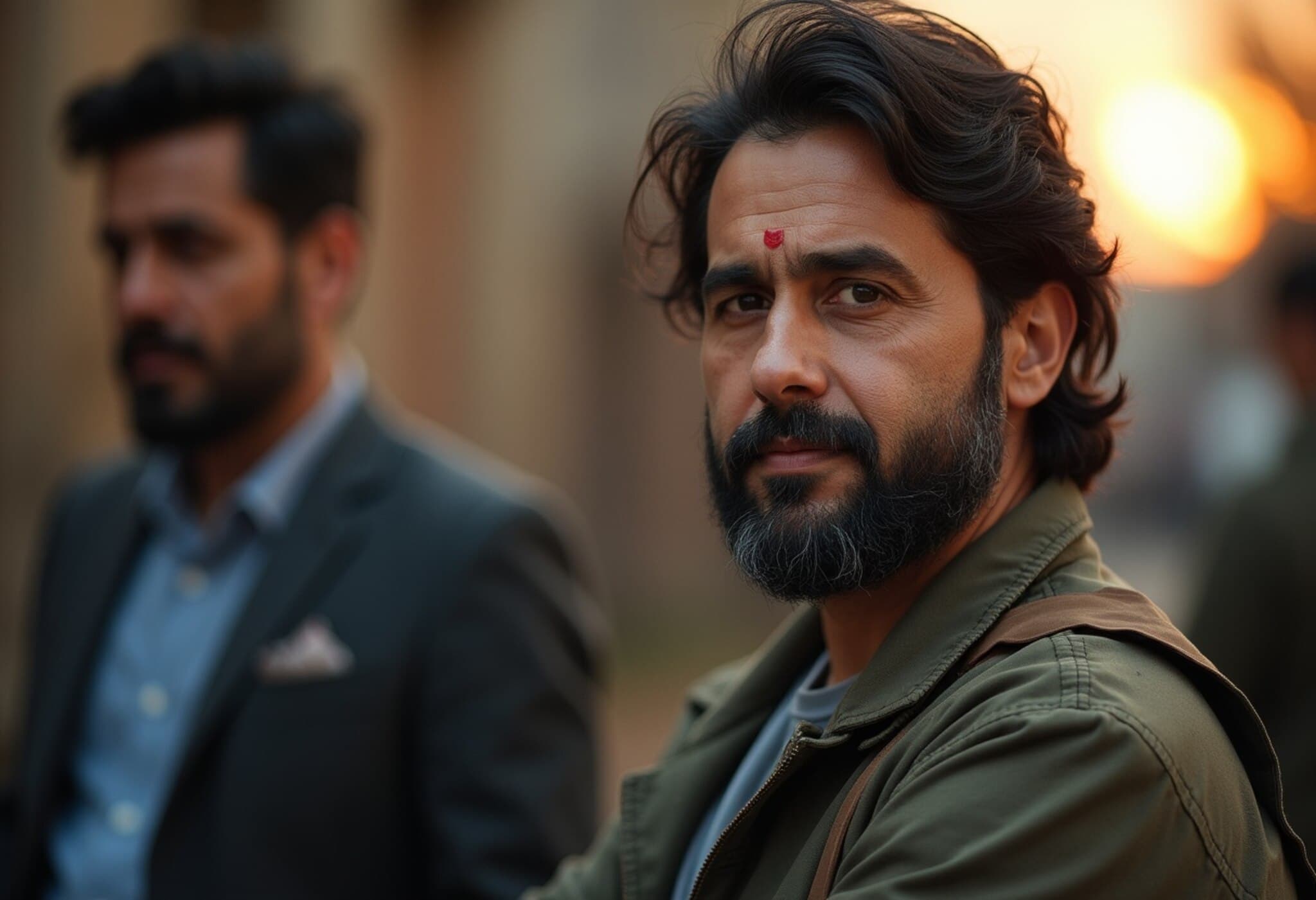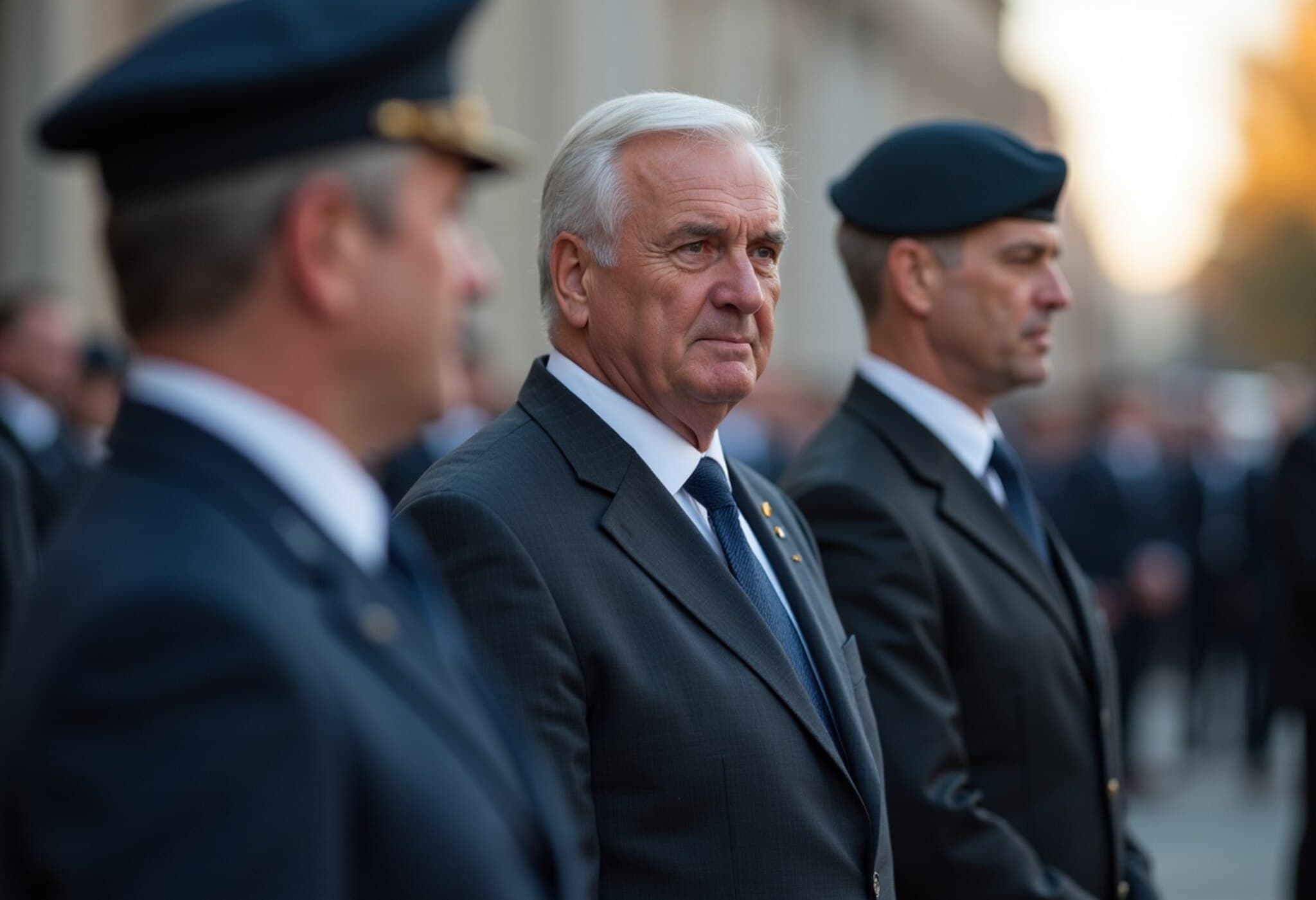Sharif Expresses Readiness for Constructive Dialogue with India
Pakistan Prime Minister Shehbaz Sharif has reaffirmed his commitment to engaging in meaningful talks with India to address a range of longstanding disputes. During a recent telephone conversation with Saudi Crown Prince Mohammed bin Salman, Sharif emphasized Pakistan’s readiness to discuss critical issues such as Jammu and Kashmir, water sharing, trade relations, and combatting terrorism.
Context Behind the Call for Dialogue
This declaration comes just over two months after the tragic April 22 terror attack in Pahalgam that claimed 26 lives and sharply intensified tensions between the two nations. In the aftermath, India took several significant measures, including:
- Suspending bilateral trade with Pakistan
- Placing the Indus Waters Treaty on hold
- Launching a cross-border military operation termed Operation Sindoor on May 7, targeting alleged terrorist infrastructure.
The military offensive resulted in intense clashes for four days before both countries agreed to a ceasefire on May 10.
Pakistan’s Position and Regional Diplomacy
During the conversation, Sharif expressed profound gratitude for Saudi Arabia’s unwavering support throughout the recent standoff and highlighted Pakistan’s endorsement of a peaceful de-escalation in the wider West Asian region. The Prime Minister voiced support for diplomatic efforts aimed at resolving the ongoing Iran-Israel conflict, underscoring the importance of dialogue over aggression.
India’s Stance on Dialogue Conditions
While Pakistan signals openness to comprehensive discussions, India has reiterated that talks will only proceed if Pakistan ceases support for cross-border terrorism and addresses the issue of Pakistan-occupied Kashmir. The Indian Ministry of External Affairs spokesperson reiterated that the Indus Waters Treaty will remain suspended until Pakistan credibly renounces terrorism.
Echoing this stance, Prime Minister Narendra Modi stated, “terror and talks cannot go together, terror and trade cannot go together, and water and blood cannot flow together.”
Looking Ahead
Over the past weeks, Sharif has expressed his readiness for peace talks during visits to Iran and Azerbaijan, emphasizing resolution of core issues including Kashmir, terrorism, water, and trade between the two neighbors.
Meanwhile, Saudi Crown Prince Mohammed bin Salman acknowledged Pakistan’s constructive role in fostering peace and appreciated its solidarity with the Kingdom.
This latest development signals a potential thaw in relations and opens a window for diplomatic engagement, although significant hurdles remain before substantive breakthroughs can be achieved.

